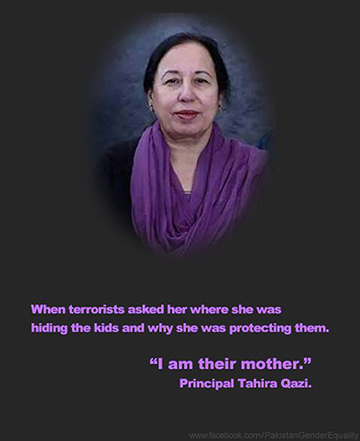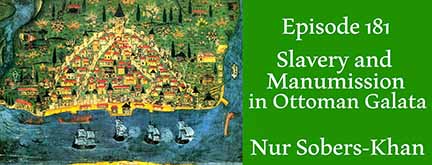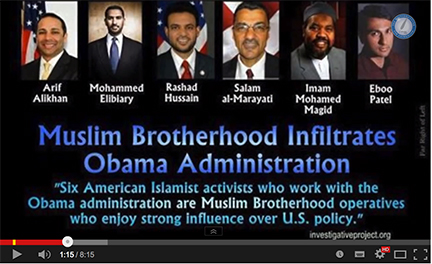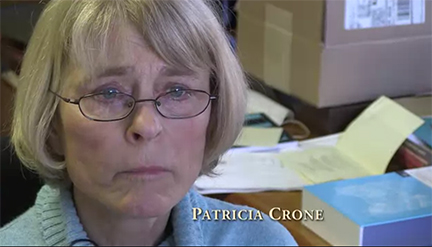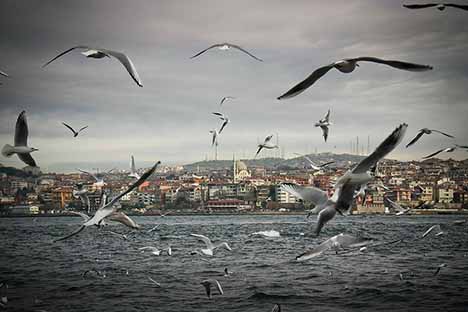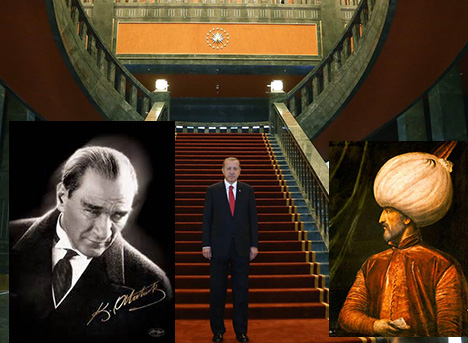
Turkey in the Ergogan era is undergoing an interesting change. Now it seems the course is less about economically reinvading Europe than going on a kind of Ottoman-matic pilot course. A committee has recently announced a call to have mandatory teaching of Ottoman in Turkish high schools. “According to the proposal, Ottoman Turkish should be compulsory because people in Turkey are not able to read documents from Ottoman times, including the epitaphs of their forefathers. The proposal argues that Ottoman Turkish is necessary to keep Turkish people’s ties with their past strong,” notes a Turkish paper. As a student of history in the region, I am delighted that there should be such an interest in promoting the study of Turkey’s Ottoman past. But given that Ataturk must be rolling over in his mausoleum, one wonders about the political symbolism in such a revival.
President Erdogan has come under considerable criticism at home and abroad for his support of the Muslim Brotherhood, a more conservative brand of Islam than many Turks favor, and his apparent failure to stem the tide of Western and Arabic recruits for the ISIS/ISIL/IS caliphate in the making (and unmaking) to his south. Now that there is a new Ak Saray (White Palace) for President Erdogan with 1,000 rooms on 150,000 sq. m of former forested land and at a cost now nearing $615 million, the idea of reviving the Ottoman caliphate is clearly waiting in the wings (and that saray has a lot of wings). The Middle East still has its kings, sultans and emirs, even if most of the dictators have bit the dust. So can Ak Saray blend with the Topkapi to form a new re-Ottomanized Turkey? Continue reading Otto-mania
